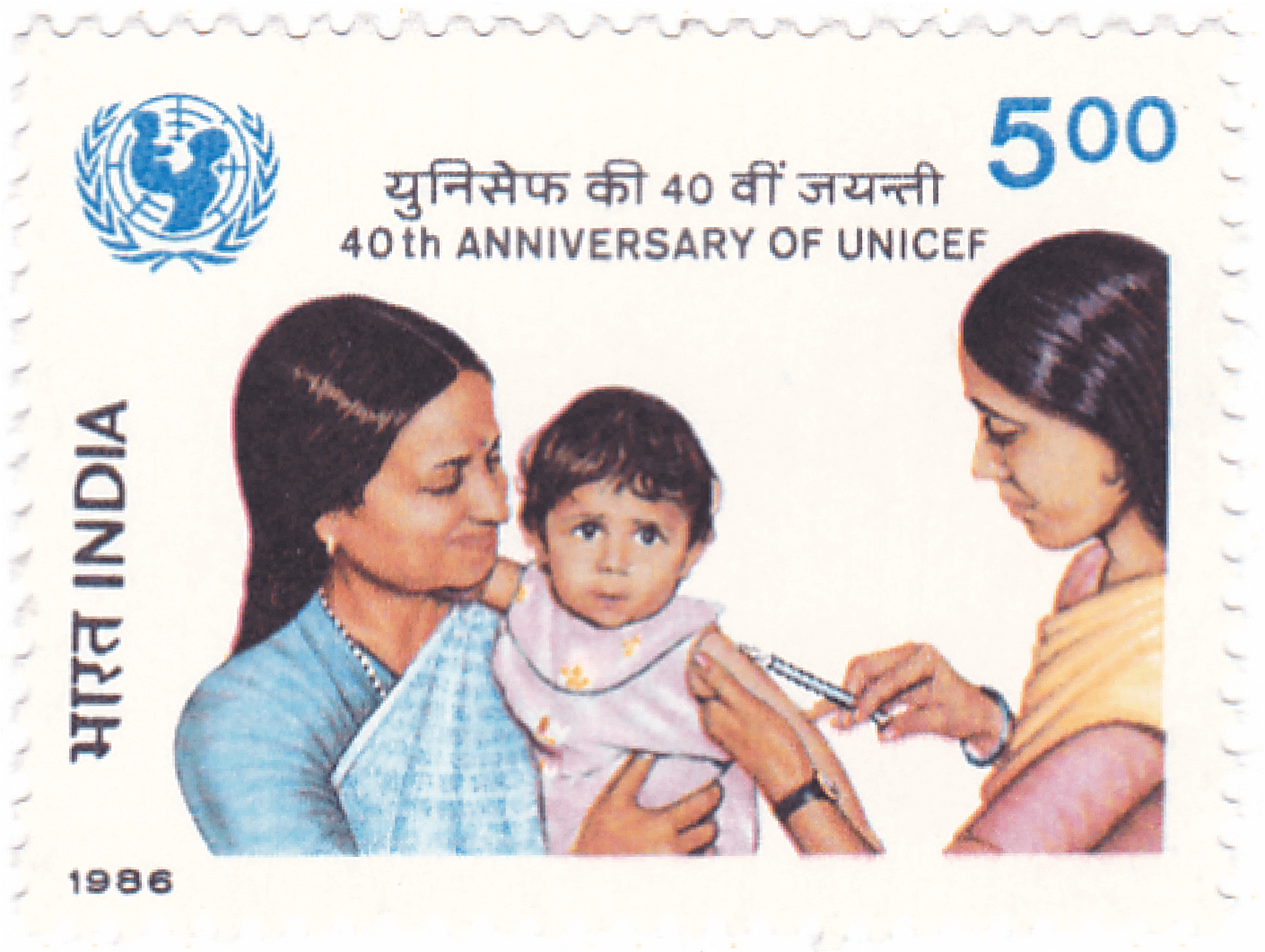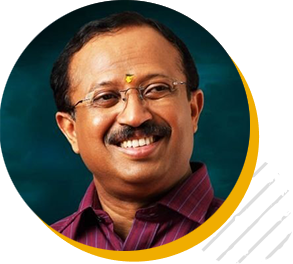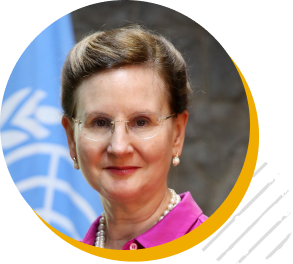Speech by Hon’ble Minister of State for External Affairs V. Muraleedharan
Excellencies, Ladies and Gentlemen,
It is my pleasure to join this virtual gathering to commemorate the 75th United Nations Day. An occasion for governments and peoples to reminisce and reaffirm their faith in the purposes and principles of the UN Charter; while also to refocus, reform and revitalise their efforts to meet those purposes.
75 years ago, ‘We the people of India’ were fortunate to have been a founding
signatory of the UN Charter, whereby men and women of 50 nations, rising from the
horrors of war, came together as the ‘the peoples of the United Nations’. 75 years ago
on this day, the Charter came into force. A new rules-based world order was
established. The United Nations came into being with an unrivalled reach and an
unequivocal legitimacy. And with that, India’s vision of ‘Vasudhaiva Kutumbakam’-
which sees all creation as one family, also took a global manifestation.
Holding true to that vision, India has been actively contributing to the work of
the United Nations to the best of its capabilities, both in moral and material aspects.
Be it Ms. Hansa Mehta’s seminal contribution to recognize, in the Universal
Declaration of Human Rights that ‘all human beings’, rather than ‘all men are created
equal’, or be it the 200000 personnel India has provided to the UN peacekeeping
missions since 1948, India’s abiding commitment to and untiring efforts for the welfare
of the world as a whole, remain unshaken.
Friends,
The world started feeling as one whole when words and thoughts began
travelling around the globe with the free flow of international mail, enabled by a
system riding on postal stamps. Collecting postal stamps exchanged was akin to
narrating the story of any relationship. UN India has thus very suitably documented
the fascinating story of India and the United Nations through philately. I take this
opportunity to also inaugurate the virtual exhibition of UN themed stamps that India
Posts has brought out, and the India themed ones brought out by the UN Postal
Administration. I am sure that we are all looking forward to walk through the
milestones of the India-UN journey via this virtual exhibit.
Excellencies,
As India rises, it promises to lift all boats in its rising tide. An instance of this
would be the India-UN Development Partnership Fund. In the spirit of South-South
cooperation, India in collaboration with the UN has been supporting fellow developing
countries in their national developmental priorities across all Sustainable
Development Goals.
This principle is in fact the essence of India’s motto of domestic development
‘Sabka Saath, Sabka Vikaas, Sabka Vishwas’. The Hon’ble Prime Minister in his address
at the ECOSOC commemoration of UN's 75th Anniversary highlighted that be it access
to nutrition, health, education, electricity or housing- we are making great progress
through our inclusive programmes. Today, our ‘Ayushmaan Bharat’ scheme is the
world's largest health protection programme, covering 500 million individuals. While
the best of health systems have been severely tested by the COVID-19 pandemic, India
has remained resilient by making the fight against the pandemic a people's movement,
by combining the efforts of Government and society. India based its COVID-19 strategy
on the mantra ‘Jaan bhi, Jahan bhi’ i.e focussing on life and livelihoods. For the latter,
we have put forward a vision of 'Atmanirbhar Bharat': a self-reliant and resilient India,
integrated with the global economy.
Even during these very difficult times of a raging pandemic, we are not oblivious
to our responsibility towards our fellow global citizens. Our Prime Minister’s assurance
to the global community that India’s vaccine production and delivery capacity will be
used to help all humanity in fighting this crisis, reaffirms India’s commitment to being
inclusive and non-transactional in collaborating with other stakeholders in a collective
quest to develop solutions.
Excellencies,
We are also mindful of our responsibility towards our future generations. Over
the past few years, we have reduced 38 million tonnes of carbon emissions annually.
We have set a target to install 450 Gigawatt of renewable energy and restore 26
million hectares of degraded land by 2030. Internationally, our initiatives to set up the
International Solar Alliance and the Coalition for Disaster Resilience Infrastructure are
practical manifestations of climate action.
It goes without saying that global challenges call for globally coordinated
responses. Unfortunately however, the raging pandemic has laid bare the
shortcomings of our multilateral institutions. The world has come to realise that we
cannot fight today’s challenges with outdated structures. Without comprehensive
reforms, the UN faces a crisis of confidence. For today’s interconnected world, we
need a reformed multilateralism- that reflects today’s realities; gives voice to the all
stakeholders; addresses contemporary challenges; and focuses on human welfare.
The Declaration adopted in UNGA to commemorate the 75th anniversary of the
UN acknowledges the need for reform of the United Nations. It also underlines that
work still needs to be done in ensuring development, in addressing climate change, in
reducing inequalities, and in leveraging digital technologies. As India prepares for its
term at the UN Security Council as an elected member from 2021-22, we look forward
to working with all other nations towards this continuous pursuit, in line with our
Hon’ble Prime Minister’s Five ‘S’ approach of: Samman (Respect), Samvad (Dialogue),
Sahyog (Cooperation), Shanti (Peace) and Samriddhi (Prosperity).
Let us therefore celebrate the 75th UN Day for the realisation of the urgency to
reform, and for the determination to take collective action!
Thank You.





 BACK TO GALLERY
BACK TO GALLERY
